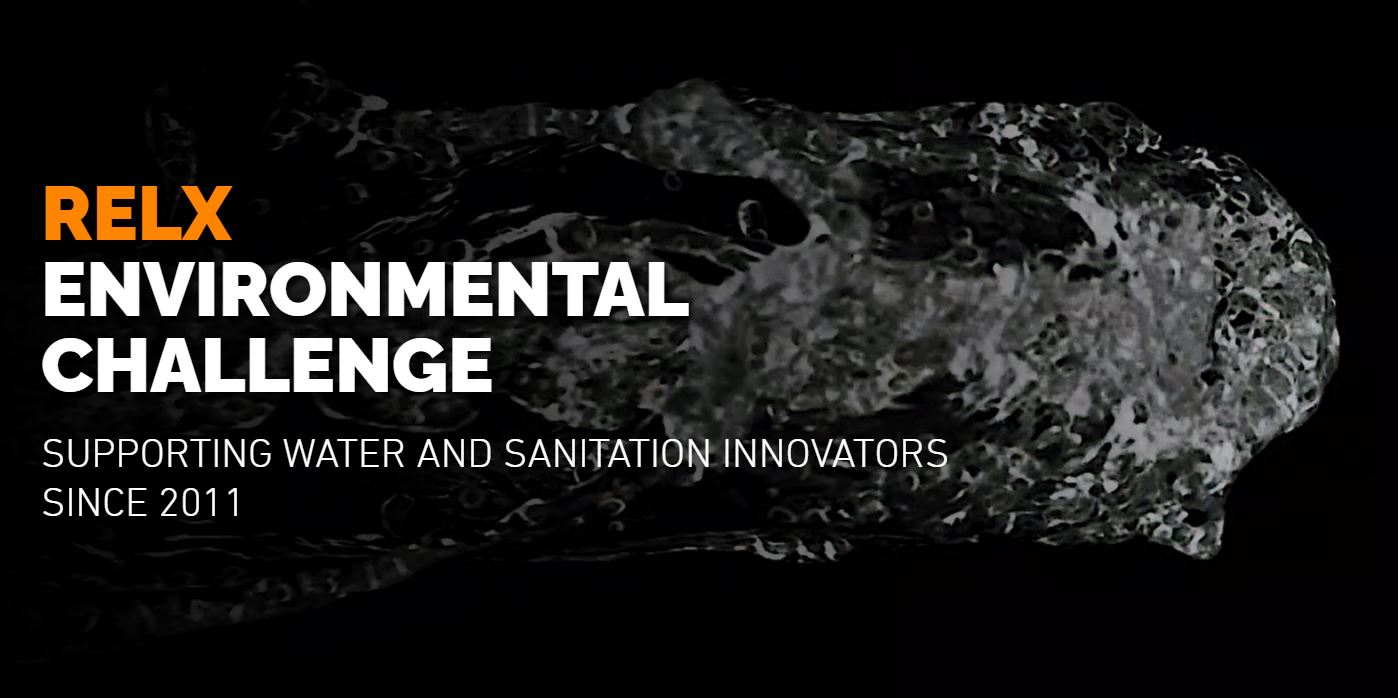Partner content
Global Citizen, 7th February 2020
Millions of children globally cannot attend school because they live on less than $1.90 a day. The article explores the relationship between SDGs 1 and 4.
Since 2011, the RELX Environmental Challenge has been awarded to projects that best demonstrate how they can provide sustainable access to safe water or sanitation. Poor access to water and sanitation has been a growing crisis, with around 800m people worldwide lacking access to clean water and 2bn people lacking access to basic sanitation. The 2022 winners have created innovative solutions to achieve SDG 6, access to clean water and sanitation for all.
This article supports SDG 15 through its study of the effects of crop rotation on soil microorganisms and concluded that crop rotation could enhance soil microbial biomass and bacterial diversity, and the effect of crop rotation on soil phosphatase and β-glucosidase activity.
This article supports SDG 11 introducing innovative practice for urban development projects.
This work suggests that smoking is a psychobiological stressor, but that the magnitude of this effect is mediated and modulated by the individuals’ diathesis to develop mental ill-health and other vulnerability and protective factors.
Elsevier,
Monitoring and Control of Electrical Power Systems using Machine Learning Techniques, Volume , 1 January 2023
This chapter advances UN SDG goal 7 as it enables improved energy forecasting, which is a critical technology for distributed generation and renewable energy integration.
Elsevier,
Power System Protection in Future Smart Grids: Achieving Reliable Operation with Renewable Energy, Electric Vehicles, and Distributed Generation, Volume , 1 January 2023
This chapter advances UN SDG goals 7 and 9 as it enables resilience and protection for renewable energy-integrated grids and infrastructure.
Elsevier,
Non-Destructive Testing and Condition Monitoring Techniques in Wind Energy, Volume , 1 January 2023
This chapter supports UN SDGs 7 and 13 by reviewing condition monitoring technologies and current research challenges and opportunities, enabling improved performance and durability of wind turbines, and supporting energy transition of which wind power is a key component.
Elsevier,
Genomic Data Sharing, Case Studies, Challenges, and Opportunities for Precision Medicine, 2023, Pages 71-90
The Global Alliance for Genomics and Health (GA4GH) is an international standards development organization (SDO) focused on advancing human health and medicine through genomic data sharing and interoperability. Founded in 2013, the organization has evolved over time and has adapted to unexpected challenges in ways that we believe would be of interest to the broad biomedical community. In this chapter, we present our experiences to support others wishing to share data through global, community-driven standards supporting SDG3.
This chapter advances UN SDG goal 7 by discussing the role of nanosized metal catalysts in CO2 reduction in fuels

